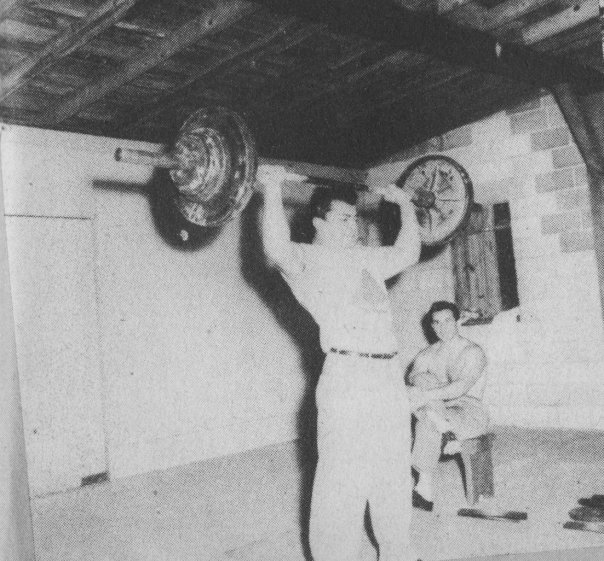
The following is quoted from Matthew Perryman's ebook Maximum Muscle: the Science Of Intelligent Physique Training. Also, please visit Matthew's website at ampedtraining.com.
“Most research into exercise deals with either aerobic exercise or with rehabilitation. As you might gather, this isn't terribly useful for generalizing into strength-training concepts, let alone something specialized like bodybuilding. Although the West is starting to catch up, a lot of what you read about is actually taken from older Soviet-era information, which, while not bad necessarily, can be hard to corroborate.
Once we start to look at the Western research into actual strength exercise, we start to see a common theme: 'untrained subjects'. Now, in some ways this is good because at least it's done in humans. However we run into some potentially major issues because we've seen it demonstrated repeatedly that an untrained person just doesn't respond the same way as someone with years of experience. Lots of strength-training studies will
demonstrate amazing results in untrained subjects, but comparatively few of them account for this so-called 'newbie effect'. Beginners can get away with lots of things; often they will still improve in spite of what they do, not because of it. When we're trying to establish a cause-and-effect relationship, this can throw a huge wrench into things.
It gets worse. The bulk of the research into the actual biochemistry and physiology is done in rats. While there's a lot of similarities in humans and rats, there's a lot of differences too. There's plenty of examples where things that happened in rats didn't pan out in humans; that's a big weakness.
This is a favorite tactic of the supplement industry, actually. They love taking some rat research or weakly applicable research in humans and then claiming it supports their new magic product. They conveniently ignore the fact that not only is that data not applicable, but they also have exactly nothing showing their claimed results in humans. Besides the claims of the product users, of course - but that's not placebo effect or anything. See also my earlier point about controlling for variables; when you don't perform research in controlled conditions, you can't be sure that your attributed cause is creating the effect. Since giving out free supplements to bodybuilders is almost the definition of 'bias' and 'placebo effect', these testimonials have to be considered highly suspect.
And of course all of these objections can apply just as easily to any workout routine, or any study that looks at strength training.”

No comments:
Post a Comment